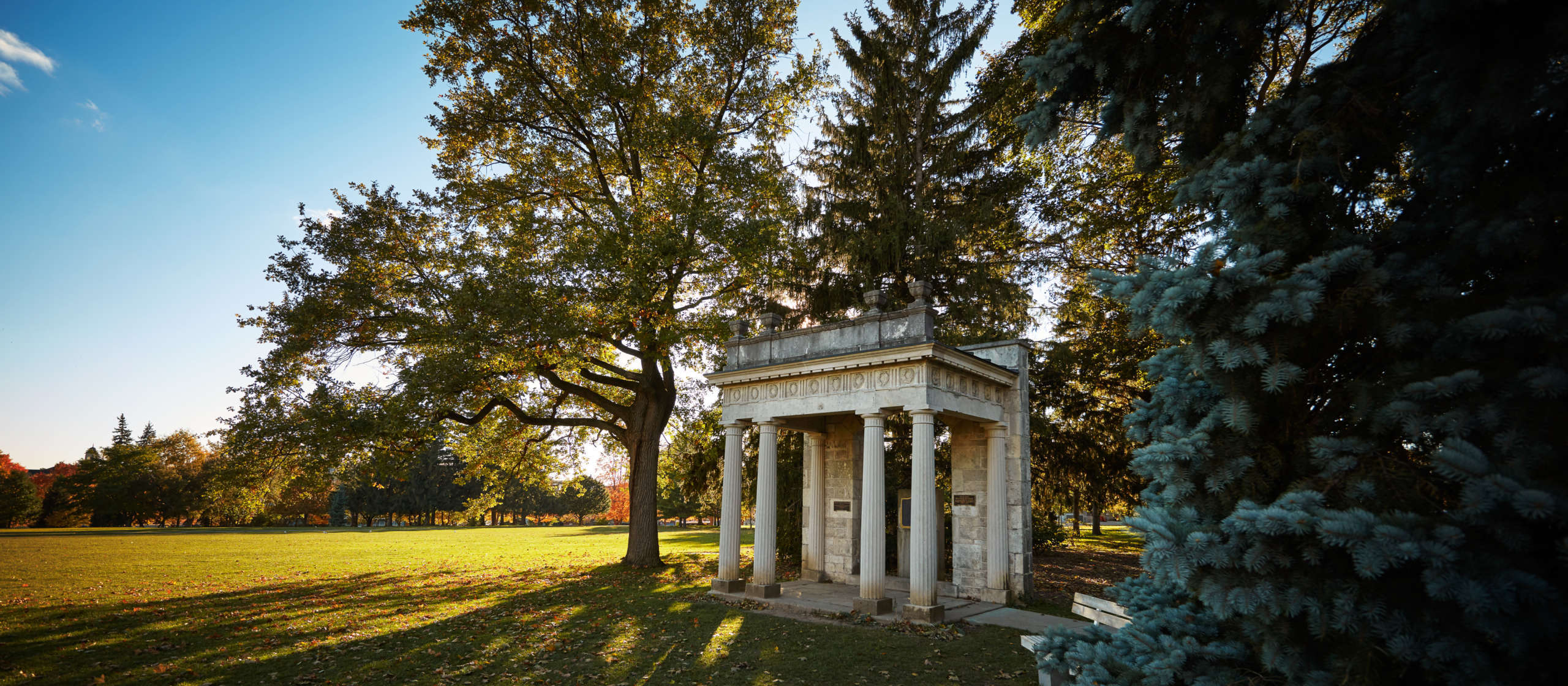 National Indigenous Peoples Day on June 21 is a day for all Canadians to recognize and celebrate the unique heritage, diverse cultures and outstanding contributions of First Nations, Inuit and Métis peoples.
National Indigenous Peoples Day on June 21 is a day for all Canadians to recognize and celebrate the unique heritage, diverse cultures and outstanding contributions of First Nations, Inuit and Métis peoples.
To mark the day, the University of Guelph highlights faculty working in partnership with Indigenous Peoples or on research related to Indigenous topics. All are available for interviews:
Kim Anderson
Department of Family Relations & Applied Nutrition
Email: kimberle@uoguelph.ca
Anderson is an Indigenous (Metis) scholar who researches Indigenous family well-being in Canada, using Indigenous research methodologies.
Anderson leads “All my Relations”, a cluster that is examining questions of food sovereignty, developing Indigenous feminist practices through performance art, and working with Indigenous men and masculinities.
The cluster is also working to provide space on campus for Indigenous knowledge, practices, and ceremony, built in the U of G Arboretum. This site will encompass gardens, a sacred fire, ceremonial grounds and a research hub for creative work and retreat activity.
Sheri Longboat
School of Environmental Design and Rural Development
Email: slongboa@uoguelph.ca
Longboat, a Mohawk from Six Nations of the Grand River, researches the interface between Indigenous and Western knowledge systems, policy and governance to support water security, food sovereignty, and sustainability in First Nations communities. This includes First Nations community-engaged research to develop tools for safe drinking water on First Nations, support for First Nations fisheries in the Great Lakes region, and examining corporate-community relationships in the context of resource development.
Of critical concern to Longboat is the fact that despite Canada’s vast freshwater supplies, one in six First Nations communities do not have access to safe drinking water, a situation that has persisted, for some, for decades. Longboat says what is immediately needed is to address the chronic problems around lack of regulations and insufficient financial resources for infrastructure and human resources, to ensure water systems are equitable with the rest of Canada. However, she asserts higher-level action is needed for First Nations water security—to deconstruct the colonial systems that constrain First Nations communities, implement the recognition of Indigenous rights and governance within Canadian law and practice, and forge new collaborative governance models between First Nations and governments in Canada.
Brittany Luby
Department of History
Email: brittany.luby@uoguelph.ca
Luby is of mixed Anishinaabe descent with roots in the Ochiichagwe’Babigo’Ining Ojibway Nation and researches Indigenous waterways, women’s issues, and literature as a tool for reconciliation.
Recently, Luby has been exploring Indigenous food sovereignty by participating in a research project on manomin (wild rice). The project aims to co-develop culturally-appropriate crop management techniques responsive to settler-imposed changes, with the aim of stimulating agricultural expansion in northwestern Ontario while contributing to cultural revitalization, economic and food security in Anishinaabe communities, and scholarly discussions of interdisciplinary research.
Luby also seeks to stimulate public discussion of Indigenous issues through her creative work and recently wrote a children’s book entitled “Encounter,” which imagines the first meeting between an Indigenous fisher and a European sailor.
David MacDonald
Department of Political Science
Email: dmacdo03@uoguelph.ca
MacDonald researches Indigenous politics in Canada, particularly Indian residential schools. He is the author of 2019’s The Sleeping Giant Awakes: Genocide, Indian Residential Schools and the Challenge of Conciliation.
While studying the experiences of First Nations children and youth in residential schools in Canada, he interviewed numerous residential school survivors and government officials, and attended Truth and Reconciliation Commission of Canada (TRC) events and statement gatherings, healing circles and conferences, where many survivors shared their experiences.
MacDonald has studied the Sixties Scoop and Indigenous children currently in care. He says care of Indigenous children has become a Canadian crisis rooted in a biased system. In many Indigenous communities, family is more community-based with grandparents and extended family caring for children when their parents cannot. The current child welfare system views the nuclear family as the ideal situation, he says, leading to many of these children being taken from their communities.
Robin Roth
Department of Geography
Email: robin.roth@uoguelph.ca
Roth is a human-environment geographer with expertise in conservation governance and conflict, political ecology and Indigenous approaches to conservation. She is the primary investigator and co-lead for the Conservation through Reconciliation Partnership, a nationwide partnership co-hosted by U of G, Iisaak Olam Foundation and Indigenous Leadership Initiative.
Through this partnership, she is helping to transform conservation practice away from colonial models that separate people from nature towards models which re-center Indigenous knowledge and governance. The partnership supports the establishment of Indigenous Protected and Conserved Areas and helps foster the relationships and understanding necessary to bring about changes in existing protected areas.
Jennifer Silver
Department of Geography
Email: jsilve01@uoguelph.ca
Silver studies the importance of fishing in coastal Indigenous communities and looks at how industrial fishing, aquaculture and state-led fisheries management practices impact Indigenous and other coastal peoples’ access to marine resources.
She’s involved with the Clam Garden Network, a group that brings together First Nations and researchers to understand, promote and reconstruct traditional intertidal rock walls that protect and improve shellfish harvest beaches.
Silver also explores how digital technology affects news about environmental change. She is investigating how traditional news media, digital journalism and universities produce and circulate information about major environmental issues.
Brady Deaton
Department of Food, Agriculture and Resource Economics
Email: bdeaton@uoguelph.ca
Deaton is the McCain Family Chair in Food Security and his research focuses on land resources in food production, rural development and environmental quality. A general overview of his research which includes First Nations issues can be found in a recent presentation.
Recently, he and colleagues published an article assessing federal efforts to reduce food prices in Nunavut. He and his colleagues also recently published research on food security on First Nations.
His podcast addresses important issues including “Duty to Consult” and the First Nations Land Management Act and can be found here.
